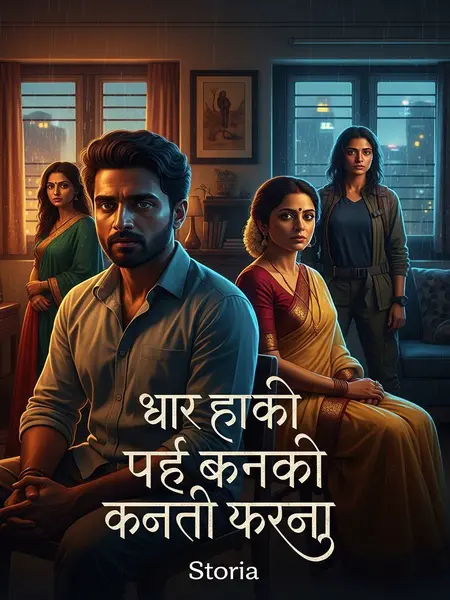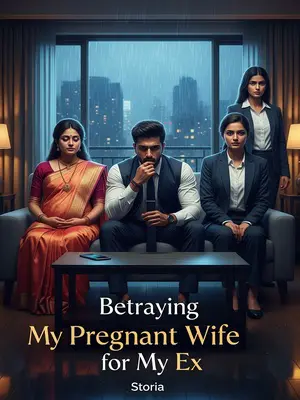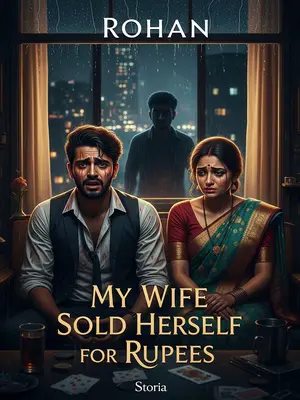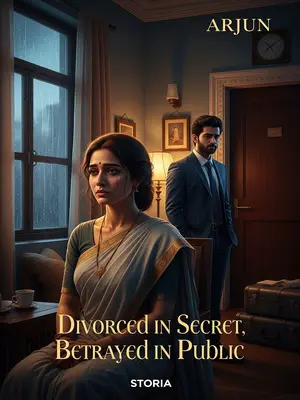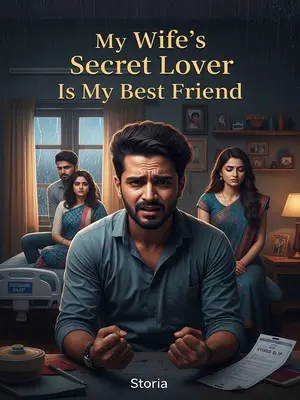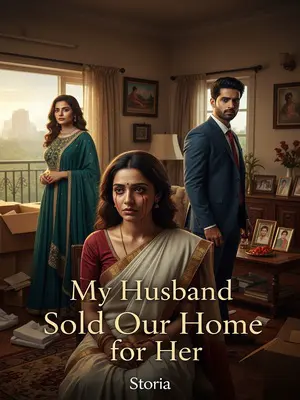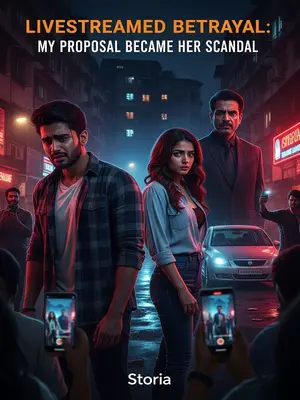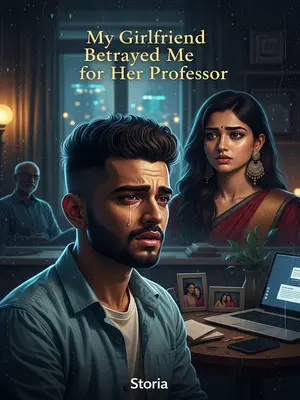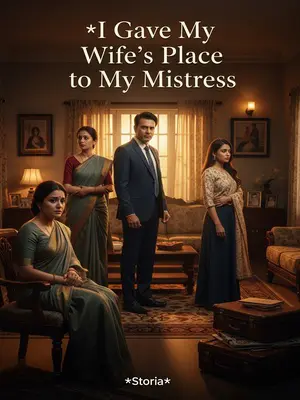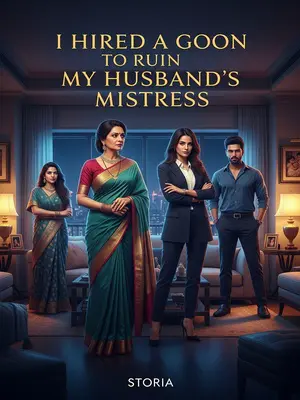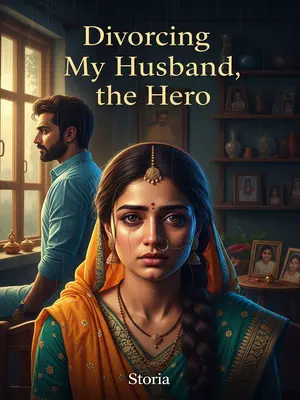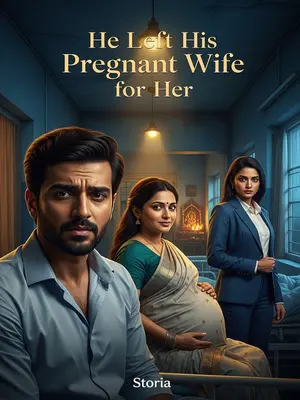Chapter 3: Ghosts at Home
4
In the days that followed, our group crossed one forested hill after another, climbed nameless peaks, sang and played games, but never camped outdoors again.
Village lights grew more frequent as we descended. In the evenings, we sat around smoky chulhas, eating dal and roti made by smiling old aunties who always reminded me of my own nani. Old aunties pressed extra ghee on our rotis, saying, “Beta, eat, you need strength for the hills.” The memory of that mountaintop night grew hazier with each meal.
In recent years, the mountain economy had developed well—villages appeared one after another, all with good facilities. There was no need to camp in the wild.
Instead of tents and wild grass, we slept on charpoys, the ceiling fans clacking above us. The air smelled of wood smoke and the faint sweetness of gulab jamun, served after dinner in steel katoris.
I didn’t know why, but I became especially sensitive about where we stayed; whenever I heard which village we’d spend the night in, I felt an inexplicable sense of loss.
Each night, I scanned the crowd for her, hoping for a glance or a smile. My mind replayed the slope, the stars, the feeling of skin on skin.
Other than learning her name was Ananya when we checked in, I had no further interaction with her.
She avoided my eyes, always surrounded by other trekkers or the village kids who came running for toffees. Sometimes I caught her humming to herself, lost in her own world.
Four days later, we reached the final stop of our trip—a small town in an old freedom fighter base area.
Posters of old revolutionaries hung on crumbling walls, and a faded statue of Gandhiji watched over the town square. The air buzzed with the promise of homecoming, the relief of surviving the wild.
The leader organised a farewell meal at a dhaba. After this meal, the trek was officially over; whether to stay or leave was up to each person.
The dhaba was a riot of smells—frying pakoras, boiling chai, diesel from idling jeeps outside. We sat cross-legged on woven mats, tearing into hot parathas, sharing stories and laughter.
Everyone was excited, sharing their feelings after six days of trekking, but I was absent-minded.
I laughed at the right times, nodded when someone called me bhaiyya, but inside, I was somewhere else. The food tasted of ash.
She didn’t come.
Her absence felt like a missing beat in a favourite song. I craned my neck, searching for her, but she was nowhere.
I hurriedly finished eating and left, wandering around the restaurant, until I finally found her on the rooftop, leaning against the railing.
The rooftop was cool and windy, city lights sparkling in the distance. She stood alone, her hair dancing in the breeze, lost in her own world.
She was wearing headphones, mouthing lyrics, her legs swinging back and forth in the air.
I watched her from the doorway for a moment, trying to gather courage. The memory of our night together flickered in my mind, both a thrill and a wound.
After some hesitation, I walked over.
My heart thudded in my chest. For a moment, I was back in college, walking across the quad to meet my first crush.
She saw me, took off her headphones, and smiled. “Thank you for feeding me these days.”
Her smile was lopsided, almost teasing, but there was something sad in her eyes. She swung her legs faster, waiting for my reply.
I replied calmly, “It was nothing. I should.”
I tried to match her casualness, but my voice cracked slightly. I looked away, pretending to watch a stray dog chase its tail in the street below.
“Should?” She looked at me in disbelief. “You should do that for your wife, not for me.”
Her words hit like a slap. I flinched inside, remembering the last big fight Meera and I had about trust—her accusing me of drifting away, me insisting she was imagining things. My ears burned. I fiddled with the hem of my kurta, searching for words.
She actually knew I had a wife. I immediately felt ashamed.
The old guilt flared up, stronger now. My mind flashed to my wife’s WhatsApp DP—the same photo for years, unchanged, her smile unwavering.
“When you paid, I saw a woman’s photo in your wallet. She’s pretty,” she said. “And you have a ring mark on your finger.”
I smiled awkwardly.
I tried to joke, but the lump in my throat wouldn’t budge. In India, secrets never stay hidden long—somebody is always watching.
“What’s wrong? Feeling guilty? Towards her, or towards me?”
She wasn’t accusing, just curious. But her words felt heavier than the backpack I’d carried up the hill.
“Don’t ask.” I sat on the railing beside her, no longer hiding. “I only see her once every four months, and each time for less than 48 hours. It’s been like this for five years. I might as well not be married.”
The confession tumbled out before I could stop it. The wind picked up, rattling the dhaba’s tin roof. I closed my eyes, feeling the loneliness settle in my bones.
“I see…” She moved closer. “Then… do you want to do it again?”
Her words, soft and daring, sent a shiver down my spine. For a second, I imagined pulling her close, forgetting everything but the two of us and the night sky.
My heart leapt into my throat.
I opened my mouth, but she beat me to it.
“Keep dreaming, ha…” She covered her mouth and laughed like a teenager. “Can you do me another favour?”
She nudged me playfully, her laughter ringing out into the night air. For a moment, the heaviness between us lifted.
“What?”
I braced myself for another teasing remark, but her tone turned serious.
“Buy me a phone, or I can’t even go home.”
She pulled a face, half embarrassed, half defiant. “You’ve seen my phone—dead as a dodo. I can’t even book a ticket, yaar.”
I breathed a sigh of relief and said, “Of course. There’s a mall in the town—whatever you want, I’ll get it for you.”
I tried to sound generous, but I was secretly glad to be needed by her, even for something as simple as a phone.
“Honestly, you’re not bad.” She squinted and looked me up and down. “Don’t misunderstand, it’s not because you bought me a phone, but because you play guitar well, sing well, and… are pretty good in other ways too.”
Her eyes sparkled, her lips twitching. For the first time in days, I laughed out loud—a real, hearty laugh, the kind that makes people turn and stare.
---
[End of Chapter 3: The ghosts you bring home are the ones that never leave.]
